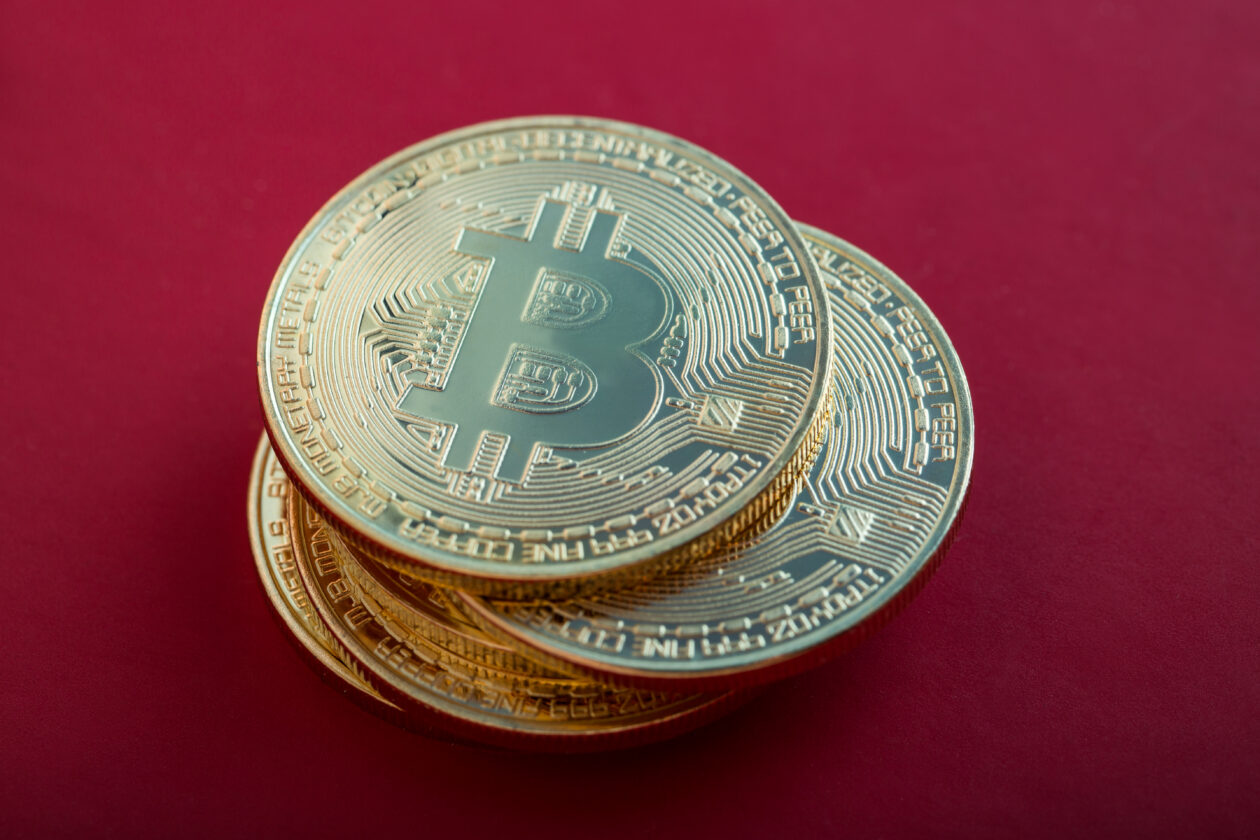Bitcoin and Ether prices rose in Wednesday morning trading in Asia along with most other top 10 non-stablecoin cryptocurrencies, continuing a strong start to the year on signs inflation is slowing in the U.S. Leading memecoin Dogecoin saw the biggest daily gains, while Cardano led the pack for the week. Litecoin and Solana were the only losers on the list.
See related article: Coinbase to cut 20% of its remaining workforce
Fast facts
- Bitcoin rose 1.5% to US$17,452 in the 24 hours to 8 a.m. in Hong Kong, a 4.6% increase over the past calendar week. Ether gained 1.2% to US$1,336, a 10% weekly rise, according to CoinMarketCap.
- Dogecoin rose 2.6% to US$0.07, bringing its weekly gains to 10.3%. Copycat meme token Shiba Inu token, which sits just outside CoinMarketCap’s top 10 list by capitalization, gained 6.5% to US$0.000009247, for a weekly rise of 13.6%.
- Cardano added 1.7% to US$0.32, a rise of 27.6% over the past week — the largest of any major token. Cardano has been on a price run since it made it into the top 10 most used cryptocurrencies for payments for the first time last year, according to a Jan. 4 report by Lithuanian cryptocurrency payments processor CoinGate.
- BNB rose 1.7% to US$277.34 for a seven-day gain of 12.7%. This is a rebound from losses after reports emerged the U.S. Justice Department was amping up its probe into BNB’s issuer and world’s largest cryptocurrency exchange, Binance Global.
- The total crypto market capitalization rose 1.1% to US$857.9 billion, while trading volume fell 26.2% to US$35.43 billion.
- U.S. equities rose on Tuesday. The Dow Jones Industrial Average gained 0.6%, the S&P 500 Index closed up 0.7% and the Nasdaq Composite Index finished the day 1% higher. Beaten-down technology stocks have made up ground since the start of 2023 on the view by some investors inflation has peaked.
- Speaking at an event hosted by Sweden’s central bank, the Sveriges Riksbank, on Tuesday, U.S. Federal Reserve chair Jerome Powell said he remains committed to bringing down inflation, even if that requires taking measures that are not considered popular.
- “Price stability is the bedrock of a healthy economy and provides the public with immeasurable benefits over time. But restoring price stability when inflation is high can require measures that are not popular in the short term as we raise interest rates to slow the economy,” Powell said in his first public appearance of the year.
- The Fed raised interest rates over the past year to curb inflation, but this has also driven stock indices lower and raised concerns of a recession. The December U.S. Consumer Price Index (CPI), a key measure of inflation, is released on Thursday and should provide further pointers on future Fed policy.
- The last reading of CPI data showed inflation up 7.1% year-on-year in November, a decline from October’s 7.7% and 8.2% in September.
- Inflation in Japan was at 4% in December from a year earlier according to CPI data released Tuesday, higher than the expected 3.8% and above the Bank of Japan’s 2% target for a seventh straight month.
See related article: Microsoft mulls US$10 bln investment in ChatGPT’s OpenAI





